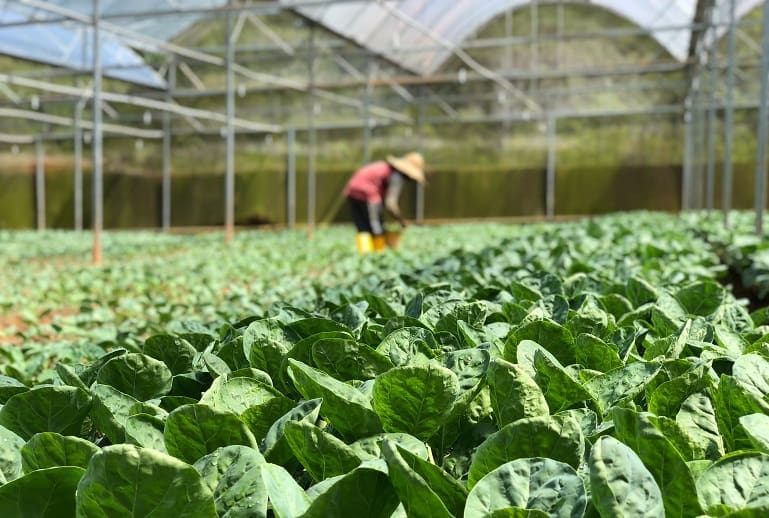
Positive impacts of farming
The health food industry has experienced remarkable growth in recent years as more individuals seek nutritious and wholesome food choices. Behind the scenes, farming plays a crucial role in driving this industry forward. The following are some of the positive impacts of farming on the health food industry, and a deeper look into how agricultural practices contribute to the availability, quality, and diversity of nutritious foods.

Sustainable farming practices
Farming practices focused on sustainability and authentic organic foods have a significant impact on the quality of foods produced. Farmers adopting sustainable methods minimize the use of synthetic chemicals and prioritize soil health. This leads to cleaner and more nutrient-dense produce. Also, organic certification ensures that foods meet specific standards, free from harmful pesticides, genetically modified organisms (GMOs), and other additives. By embracing sustainable farming and pursuing organic certification, farmers help us to have healthier options in the health food industry.
Positive impacts of local sourcing
Farming practices that emphasize local sourcing and community-supported agriculture (CSA) have a positive influence on the health food industry. Local farms provide fresh produce, reducing the need for long-distance transportation. And eating local also preserves the nutritional quality of the food you are consuming. Community supported agriculture programs enable consumers to directly support local farmers by subscribing to regular shares of farm-fresh produce. This direct connection between farmers and consumers promotes transparency, trust, and a sense of community. Fostering a thriving health food industry at the local level can benefit everyone involved.

Positive impacts of farm-to-table
The farm-to-table movement has gained momentum in recent years, influencing the health food industry positively. This movement emphasizes sourcing ingredients directly from local farms, ensuring that meals are made with the freshest and highest-quality produce. Also, reducing the time and distance between harvest and consumption, farm-to-table practices preserve the nutritional value and flavor of foods. Additionally, this movement supports local farmers, strengthens the local economy, and provides consumers with a stronger connection to the sources of their food.
Specialty crops and innovations
Another crucial positive impact of farming is that it plays a vital role in the production of quality foods by enabling the cultivation of specialty crops and driving agricultural innovations. For instance, specialty crops, such as ancient grains, superfoods, and unique fruits and vegetables, provide a diverse range of nutrients and flavors. Furthermore, farmers and agricultural researchers continually explore innovative techniques, such as vertical farming and hydroponics, to increase the availability and sustainability of nutritious foods. These advancements contribute to the health industry’s the growth, offering consumers a wider array of healthy options.

The positive impacts of farming on the health food industry are multi-faceted, resulting from sustainable practices and organic certification to local sourcing, farm-to-table movements, and agricultural innovations. By understanding and supporting the vital role of farming, we contribute to a thriving health food industry that provides nutritious, sustainable, and delicious options for individuals seeking a healthier lifestyle. Interested in the health food industry and practices surrounding it? Follow The Organic Snack Company blog to learn more.
